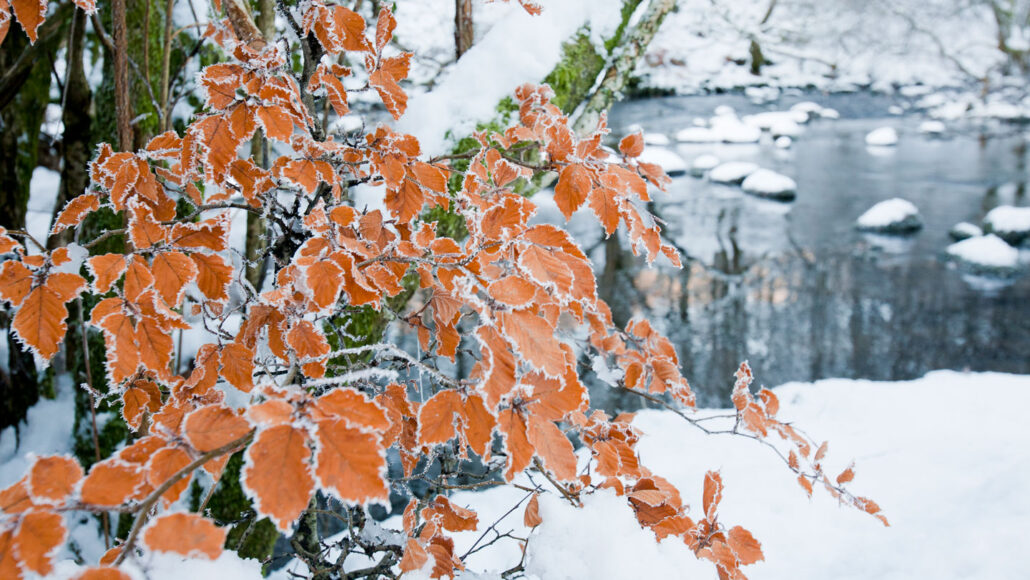behavior: The way something, often a person or other organism, acts towards others, or conducts itself.
deciduous: (in botany) Those trees and shrubs that lose their leaves in winter, each year, then grow new ones the next spring.
deter: An event, action or material that keeps something from happening. For instance, a visible pothole in the road will deter a driver from steering his car over it.
force: Some outside influence that can change the motion of an object, hold objects close to one another, or produce motion or stress in a stationary object.
herbivore: A creature that either exclusively or primarily eats plants.
mature: (adj.) Connoting an adult individual or full-grown and fully developed (non-juvenile) form of something. (verb) To develop toward — or into — a more complex and full-grown form of something, be it a living thing, a technology or an idea.
nutrient: A vitamin, mineral, fat, carbohydrate or protein that a plant, animal or other organism requires as part of its food in order to survive.
physical: (adj.) A term for things that exist in the real world, as opposed to in memories or the imagination. It can also refer to properties of materials that are due to their size and non-chemical interactions (such as when one block slams with force into another). (in biology and medicine) The term can refer to the body, as in a physical exam or physical activity.

